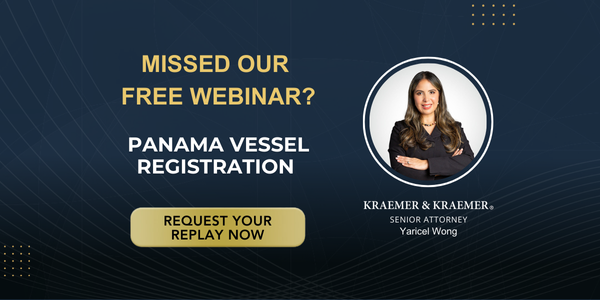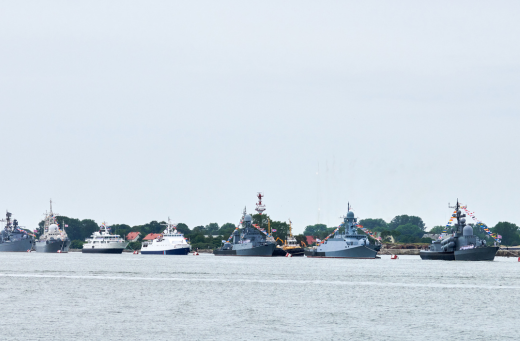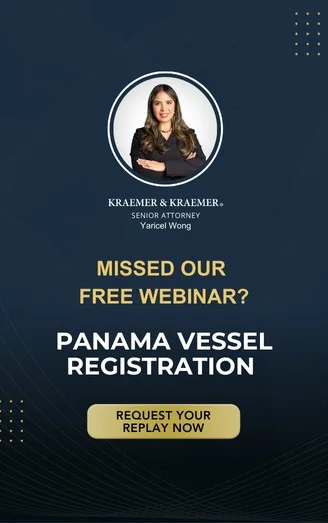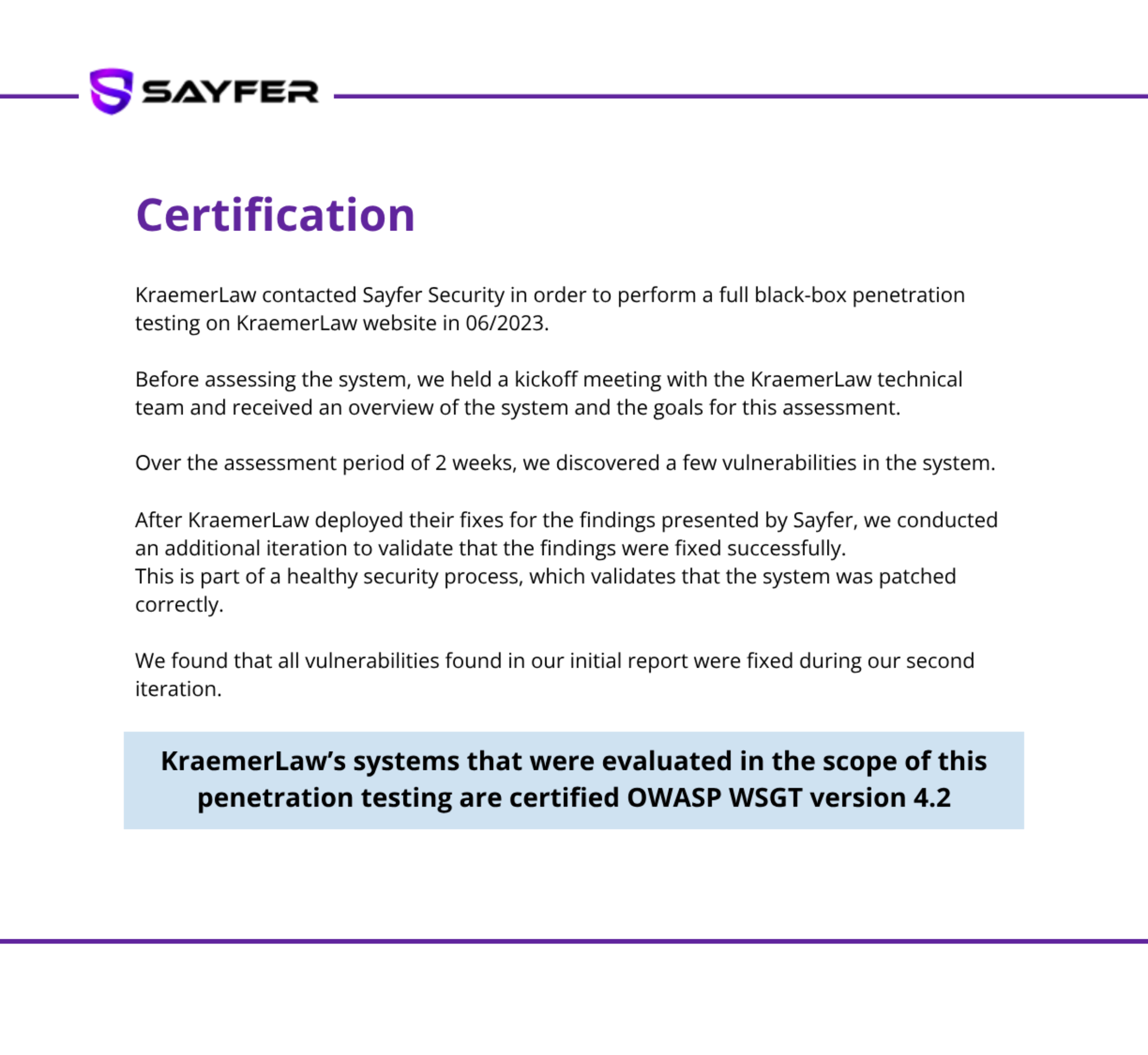If you are thinking of working or owning a ship in Panama, understanding the operation of permits is primary to abide by the rules and maintain safety during navigation. Panama, being a recognized country in the naval sector, is constantly working to maintain the best regulations, establishing different maritime licenses adapted to different types of vessels and activities.
From the navigation rules and regulations handbooks to the detailed steps to get ship captain license, in this article you will find important information covering the legal and practical aspects of navigating in Panamanian waters.
Panama Navigation Rules and Regulations Handbooks
The navigation rules and regulations handbooks in Panama are the mandatory starting point for any shipowner or crew member who wants to operate in national or international waters. It is founded with the objective of guaranteeing safety, adherence to international regulations and the efficiency of maritime traffic.
These manuals include safety standards, training requirements, inspections and specific regulations for each type of ship. Fulfillment is obligatory to maintain valid maritime licenses and avoid sanctions by the Panama Maritime Authority (AMP in Spanish initials).
The Directorate General of Merchant Marine and the Directorate of Ports and Auxiliary Maritime Industries supervise this manual, and its guidelines are periodically revised to align with IMO (International Maritime Organization) recommendations.


Different Types of Maritime Licenses Available
According to data from the Directorate General of Seafarers (Dirección General de Gente de Mar, DGGM), a total of 4,950 maritime licenses were granted at the end of 2024. Among them are those of seaman, second class boat operator, and second class fishing skipper.
In Panama, there are different maritime licenses adapted to the type of service you want to offer, whether it is cargo transportation, tourism or auxiliary services. Let’s review the most important ones.
Provisional or temporary maritime licenses in Panama
In many cases, before obtaining a permanent maritime license in Panama, applicants receive a provisional or temporary one. This initial permit allows legal activity for a limited time — usually up to six months — while completing all required documentation and formalities.
Provisional licenses are common in activities such as ship operation, auxiliary maritime services, and recreational navigation. However, depending on the type of service and the specific maritime license requested, some authorizations, such as boat operator license, may be granted as permanent from the beginning if all requirements are met at the time of application. It is important to follow the conditions of provisional licenses carefully to avoid penalties or interruptions before definitive permit.
Panama operation or sailing licenses
In Panama, any company providing auxiliary maritime services in ports or areas regulated by the Panama Maritime Authority (AMP) must have a valid operating or sailing license. It’s a mandatory requirement to legally carry out these activities.
These maritime licenses, which are valid for ten years, are granted exclusively by the General Directorate of Ports and Auxiliary Maritime Industries of the AMP, after verifying that the activities comply with all national and international legal provisions.
The sailing license authorizes natural or juridical persons to provide auxiliary services, such as:
- Transportation and bunkering.
- Ship chandlers.
- Dredging, mooring and unmooring services.
- Waste collection, transportation and disposal.
- On-board medical and assistance services.
- Vessel and container inspection.
- Tourist services for recreational ships.
- Ship agency.
- Ship construction, repair and maintenance.
- Port health and safety.
- Barge electricity generation.
When applying for this maritime license of sailing, certain factors must be taken into account:
- Performance bond: Once the boat driving license is granted, suppliers must submit a bank guarantee, bond or surety bond approved by the Comptroller General of the Republic.
- Mandatory insurance: Holders must maintain civil liability and pollution policies in force during the entire period of validity of this operation license.
- Limitation: The AMP may limit the number of sailing licenses per type of service for reasons of public interest or market saturation.
- Fines for non-compliance: Failure to comply with regulations may result in penalties ranging from USD $250 to USD $25,000, including revocation of the maritime license.
- Prohibition without permit: Providing services without an operation license can result in fines of up to 15 times the cost of the corresponding fee.
Getting boat driving license
In Panama there are two options for boat driving license that depend on the need or urgency of each operator:
- Provisional Operation License: Allows navigation for 3 months while final documentation is completed. This sailing license needs a formal application, proof of ownership, current insurance and payment of fees.
- Regulatory Operation License: This is the definitive boat driving license, valid for up to 10 years, after complying with all legal and technical requirements.
Costs of boat driving license vary according to the type of service, from USD $100 per year for maritime agents to USD $10,000 for highly specialized services such as pilotage or floating power generation.
Boat license renewal
The boat license renewal must be requested at least 90 days before its expiration. To complete the process, updated documents must be submitted along with payment of the applicable fees. Failure to renew on time can lead to fines or even suspension of the license.
This process should not be confused with the captains license renewal, which follows a different schedule and set of requirements. Always keep your navigation patent current to avoid delays when requesting your boat license renewal.
Panama vessel and boat operator license
In Panama, having a vessel and boat operator license, also known as a captain’s one, is a mandatory formality for any person wishing to operate a ship. This maritime license certifies that the holder has the necessary skills in navigation, handling of safety equipment and first aid.
The training process to obtain a cargo or recreational ship operator license must be carried out at the Panama International Nautical School or any approved center approved by the Panama Maritime Authority (AMP).
How to get ship captain license
You are probably wondering how to get a ship captain license. Although this process is overseen by the DGGM, which verifies each application through the Automated Application System; it’s really not complicated. Requirements include:
- Medical certificate of good health.
- Basic safety training (IMO 1.13, 1.19, 1.20, 1.21).
- Navigation patent.
- Identity document and recent photograph.
Captains license renewal
Captains license renewal is required every two years for national navigation, or every five years for international. To complete the process, applicants must submit updated medical exams, proof of recent experience, and any required training updates, as outlined in the navigation rules and regulations handbooks.
The regular process of captains licence renewal keeps the Panamanian merchant marine sector compliant and prepared. Shipowners often schedule this procedure together with the boat license renewal to expedite the documentation.
Specific Maritime Licenses Required
In Panama, there are specific maritime licenses for those who wish to operate ships or work in the sector professionally. These are granted according to the type of activity and class of vessel.

International navigation license
Panama’s international waters licenses are permits issued by the Directorate General of Seafarers (Dirección General de Gente de Mar) of the Panama Maritime Authority, which authorize seafarers to work on ships sailing outside Panamanian waters. These maritime licenses comply with the global standards of the STCW Convention of the International Maritime Organization (IMO).
The main activities included in this maritime license are:
- Yacht Captain (no tonnage limit): To command yachts of any size on the high seas.
- Deck Officer: Responsible for navigation and route planning on cargo ships.
- Engine Officer: In charge of operating and maintaining the ship’s machinery systems.
- Bridge or Engine Seaman: Helps in navigation or machinery maintenance tasks.
Recreational navigation license
The AMP offers different types of maritime licenses according to the length of the boat and engine power. These allow the navigation of non-commercial ships such as yachts, motorboats or jet skis within or outside national waters, depending on their category.
- Recreational Ship Skipper: Authorizes its holder to govern recreational vessels up to 12 meters in length and with a maximum engine power, in inland and coastal waters of Panama.
- Maritime license as Yacht Mate: Allows the driving of recreational yachts up to 24 meters in length and with greater engine capacity. It enables navigation in inland waters as well as in maritime areas farther from the coast.
National navigation license
The National Waters Maritime License is ideal for those who function within Panamanian waters. The cost for Panamanians is 10 USD and for foreigners is 160 USD. They are processed more quickly and with slightly less stringent formalities than the international one, although they still require compliance to the manual of navigation rules and regulations.
Small craft license
Anyone operating a small boat or jet ski in Panama is required to have a valid boat operator’s license, which certifies their ability to navigate safely. This license can typically be obtained through regional maritime centers or authorized institutions, such as STRI in Bocas del Toro. Additionally, small vessels navigating in the Panama Canal must have a Small Vessel Operator’s Certificate (COEM).
Get Expert Guidance in Maritime Law
Having the correct maritime licenses is not only a legal obligation, but a guarantee of safe, professional operation, backed by Panamanian law. For shipowners (companies or individuals) of recreational ships, it can be overwhelming to be aware of the permits you need and their validity, as well as to follow the navigation rules and regulations handbooks. However, each type of permit has its own unique functionalities, so it is necessary to keep them all in order.
If you have questions about how to get a ship captain license, when to renew a boat license or about the process of captains license renewal, contact us. At Kraemer & Kraemer, we offer you our experience in Panama maritime law to advise you on regulatory compliance for sailing under the Panamanian flag.






